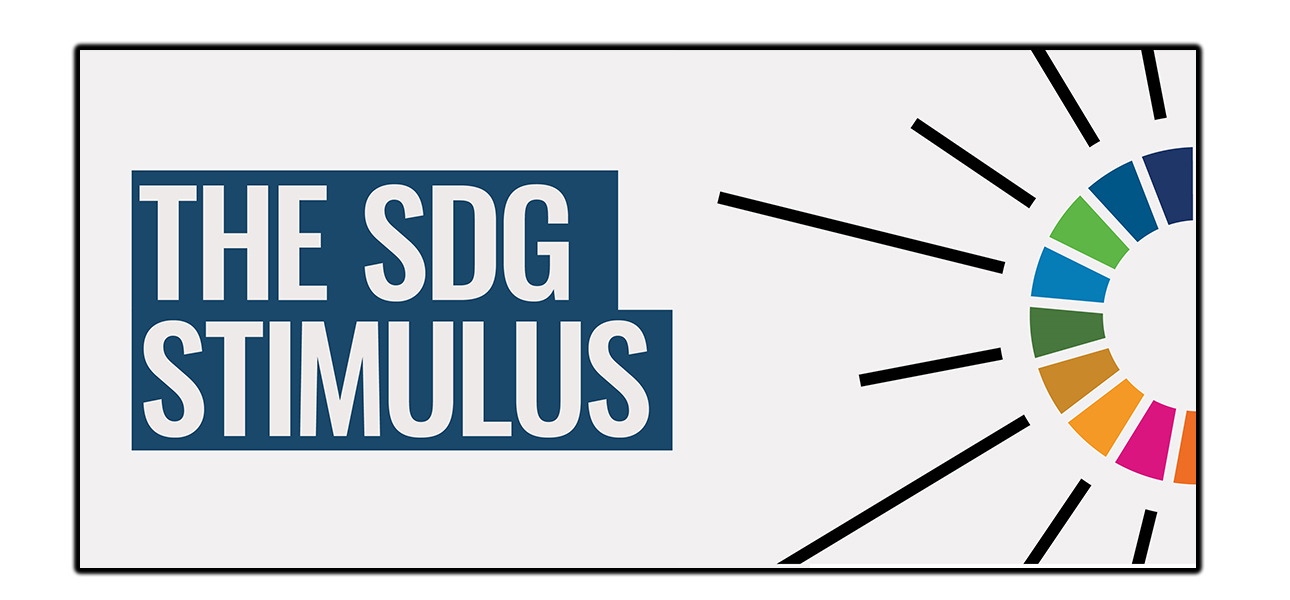
The global economy is facing multiple shocks that are reversing progress on the Sustainable Development Goals (SDGs). The pandemic, the fallout from the war in Ukraine, rising food and energy prices, and much tighter financial conditions leave many developing countries faced with impossible choices.
At the halfway point to the 2030 Agenda, and at a time when achieving the SDG is in serious peril, many countries are forced to cut back on essential social expenditure and investment in the SDGs and climate action.
“Financing challenges are at the heart of our inability to make sufficient progress on the SDGs,” said UN DESA’s Under-Secretary-General Li Junhua as he addressed the high-level panel event on the High Impact Initiative on the SDG Stimulus on 17 September.
“With nearly a third of SDG targets in regression, it is clear that we need a massive and concerted effort to turn things around,” Mr. Li added. “The SDG Stimulus is key to that effort – a concrete, ambitious, but entirely achievable set of actions that will allow us to mobilize finance at scale and support an investment push for the SDGs.”
The SDG Stimulus, launched earlier this year by the UN Secretary-General, aims to offset the extremely challenging conditions that many developing countries face in financial markets right now. It calls for scaling up financing and investment in the SDGs by at least $500 billion per year, primarily by massively scaling up affordable long-term financing by the multilateral development banks.
One of twelve High Impact Initiatives to accelerate SDG progress, the SDG Stimulus was the focus of the high-level panel event during the SDG Action Weekend. Ministers from countries representing both the global North and global South spoke in support of the Stimulus Plan, underlining the shared understanding that the current moment calls for going beyond incrementalism, and the shared commitment for ambitious action to rapidly scale up SDG financing and investment. During the event, several of the world’s largest development banks – including the Asian Development Bank, the World Bank and the Asian Infrastructure Investment Bank – affirmed their commitment to doing more and to doing better. They spoke to their efforts to scale up long-term lending, to mobilizing more private investments, and to working together better as a system to support their client countries in meeting the SDGs.
Many participants also noted the urgent need to address debt challenges in many developing countries, and to improving the debt architecture at all levels – from debt management and use of financing, to better assessing debt risks, to more fairly and effectively resolving debt crises.
The discussion also underlined how important it was to discuss financing issues at the United Nations. As the representative of Portugal noted, the UN plays a key role in pushing ahead, in view of the need to do more, and to do it faster to tackle the critical situation we are facing right.
For more information:
Session on the SDG Stimulus on 17 September 2023
Watch the webcast of the event